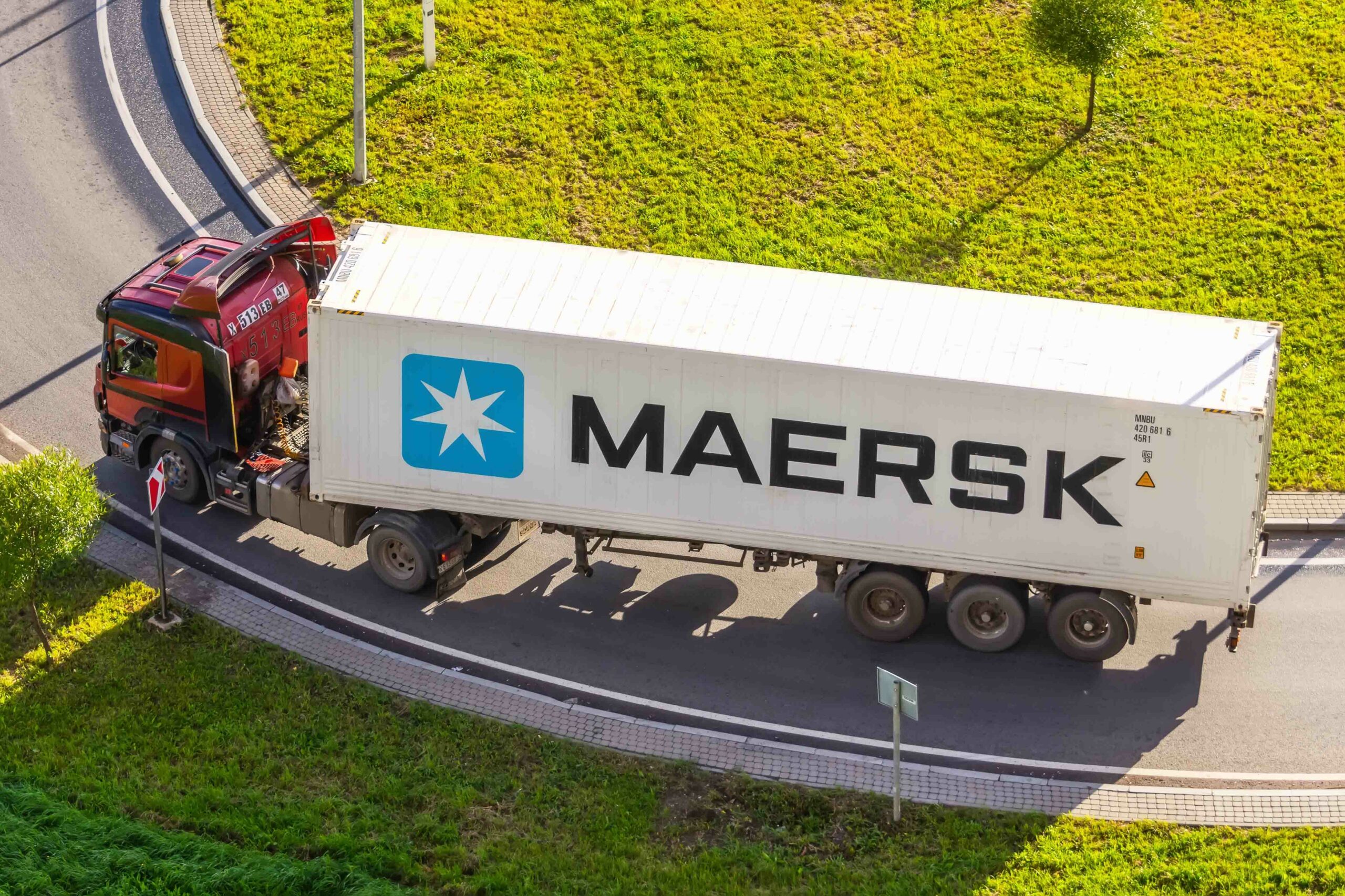Maersk has once again upped the ante among shipping industry participants, bringing its green goals forward by a decade.
In December 2018 the Danish carrier surprised many of its peers by coming out with a pledge to be carbon neutral by 2050. On Wednesday the company tightened its environmental targets, aiming for net zero emission targets by 2040 across its entire business including scope 1, 2 and 3.
To get there, Maersk has also upped its green pledges for 2030. The 2030 targets now include a 50% reduction in emissions per transported container in the Maersk shipping fleet and a 70% reduction in absolute emissions from fully controlled terminals. Depending on growth in the ocean business, this will lead to absolute emissions reductions between 35% and 50% from a 2020 baseline. 25% of all cargo transported at sea will be on ships using green fuels by 2030, Maersk stated today, suggesting a very significant fleet renewal is on the cards following the recent first few orders for methanol-fuelled vessels. In terms of Maersk’s growing air operations, the aim is to have at least 30% of cargo transported using sustainable fuels by 2030.
“As a global provider of end-to-end logistics services across all transport modes, it is a strategic imperative for Maersk to extend our net zero ambition to the total footprint of the business. The science is clear, we must act now to deliver significant progress in this decade. These very ambitious targets mark our commitment to society and to the many customers who call for net zero supply chains,” said Soren Skou, CEO of A.P. Moller – Maersk.
In October, Amazon and IKEA, who both do business with Maersk, committed to move their products off fossil fuel ships by 2040, joining companies including Unilever and Patagonia.
“Maersk continues to lead the cargo shipping sector by setting industry-leading commitments and taking the necessary steps toward actualising a zero-emissions future. Maersk’s commitment sends a signal to major cargo shipping customers like Amazon, Target, Walmart, and IKEA that they must aim higher to both set and meet clean shipping goals this decade,” commented Kendra Ulrich, shipping campaigns director at NGO Stand.earth.
Maersk is Denmark’s largest shipowner. Earlier this week, Danish Shipping, the nation’s shipowning association, set out its own plans to accelerate the global green transition of shipping. The strategy has set the ambition of Danish shipping to be climate neutral by 2050 without the use of compensation and to have at least 5% of the Danish-operated fleet capable of running on well-to-wake net zero-emission fuels such as green hydrogen, green ammonia, green methanol, and advanced biofuels by 2030.
Author: Sam Chambers
Photo: aapsky / Shutterstock.com


